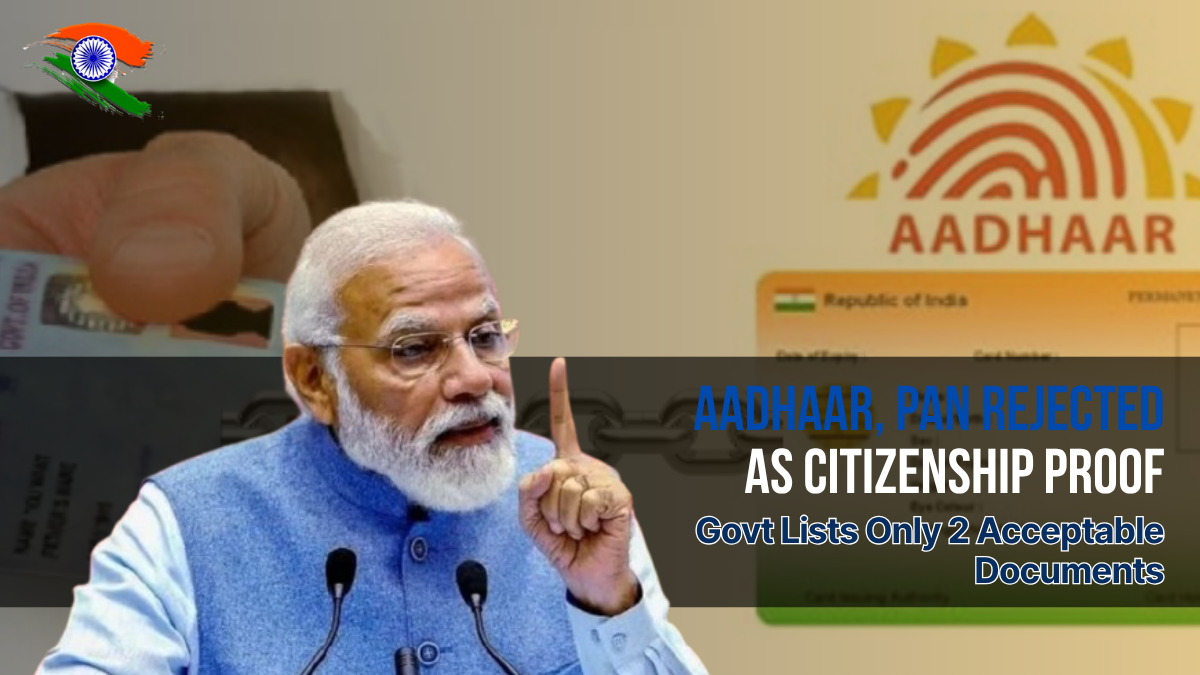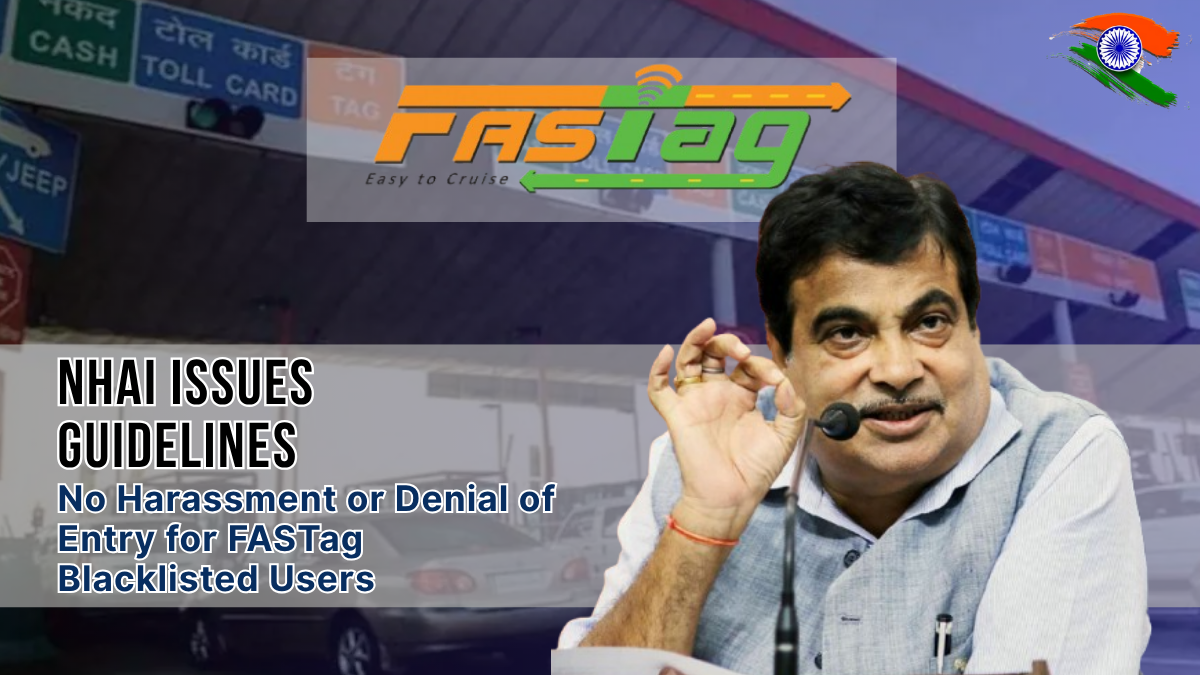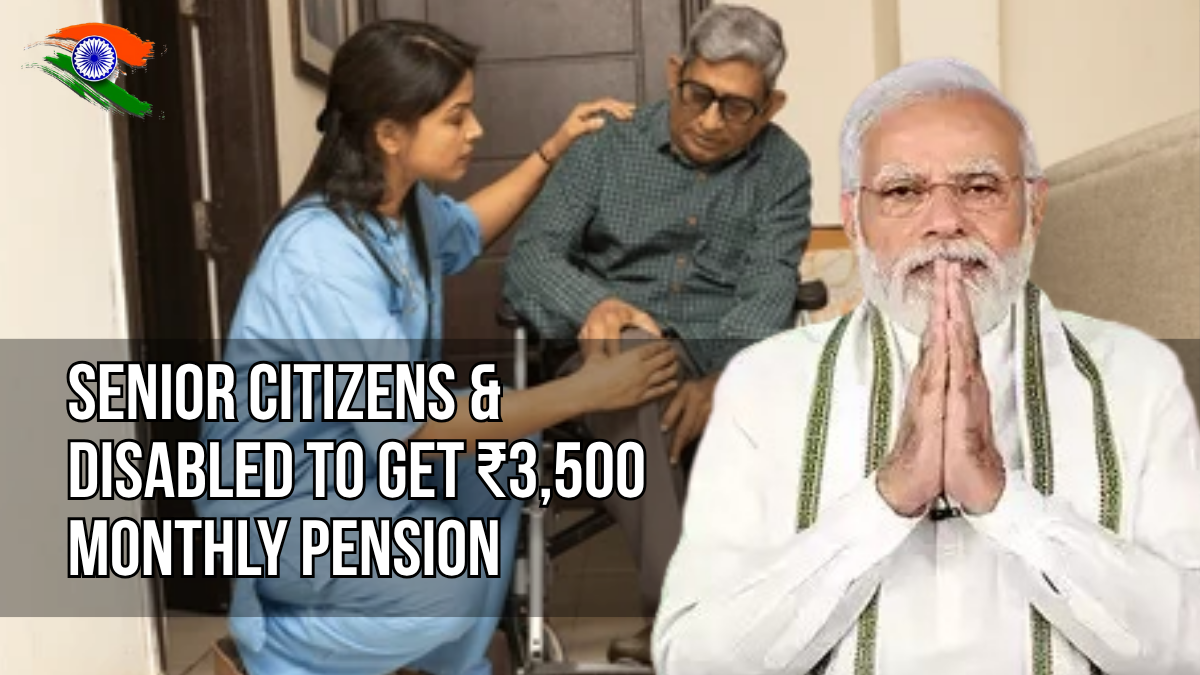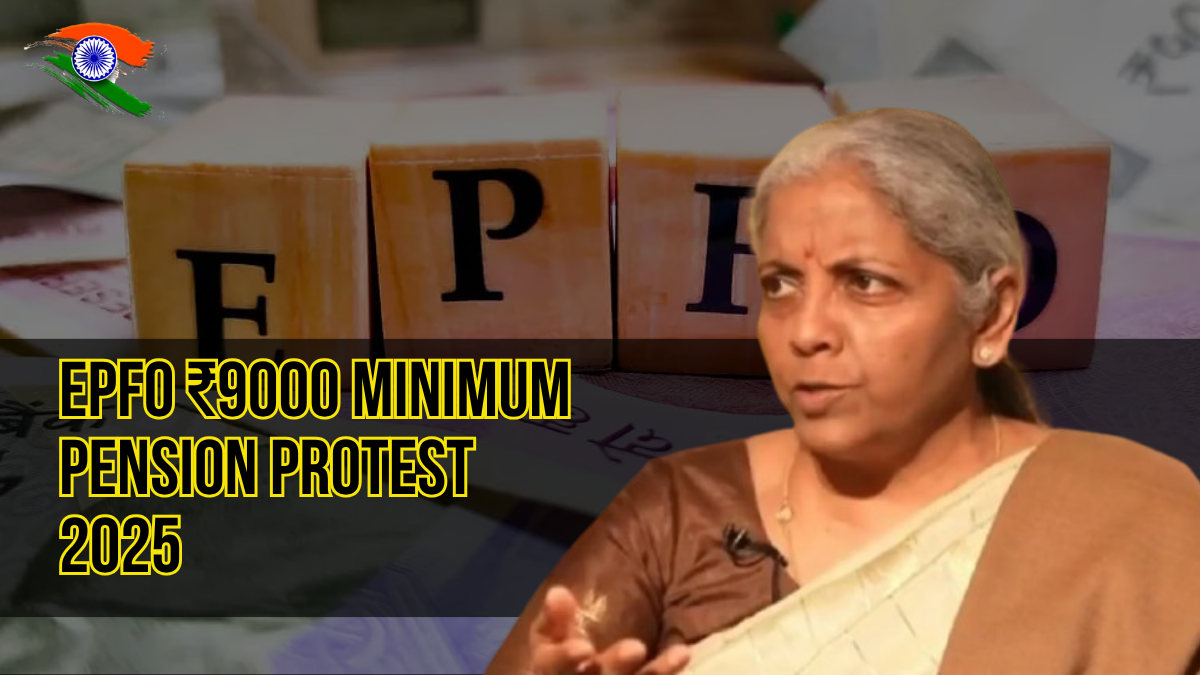Aadhaar, PAN Rejected as Citizenship Proof – Govt Lists Only 2 Acceptable Documents
In recent years, identity verification has become an essential part of accessing public services, financial products, and even educational opportunities in India. Documents like the Aadhaar card and PAN card have long been considered standard forms of identification, widely used across sectors. However, a significant clarification from the Indian government has changed the landscape: Aadhaar … Read more



